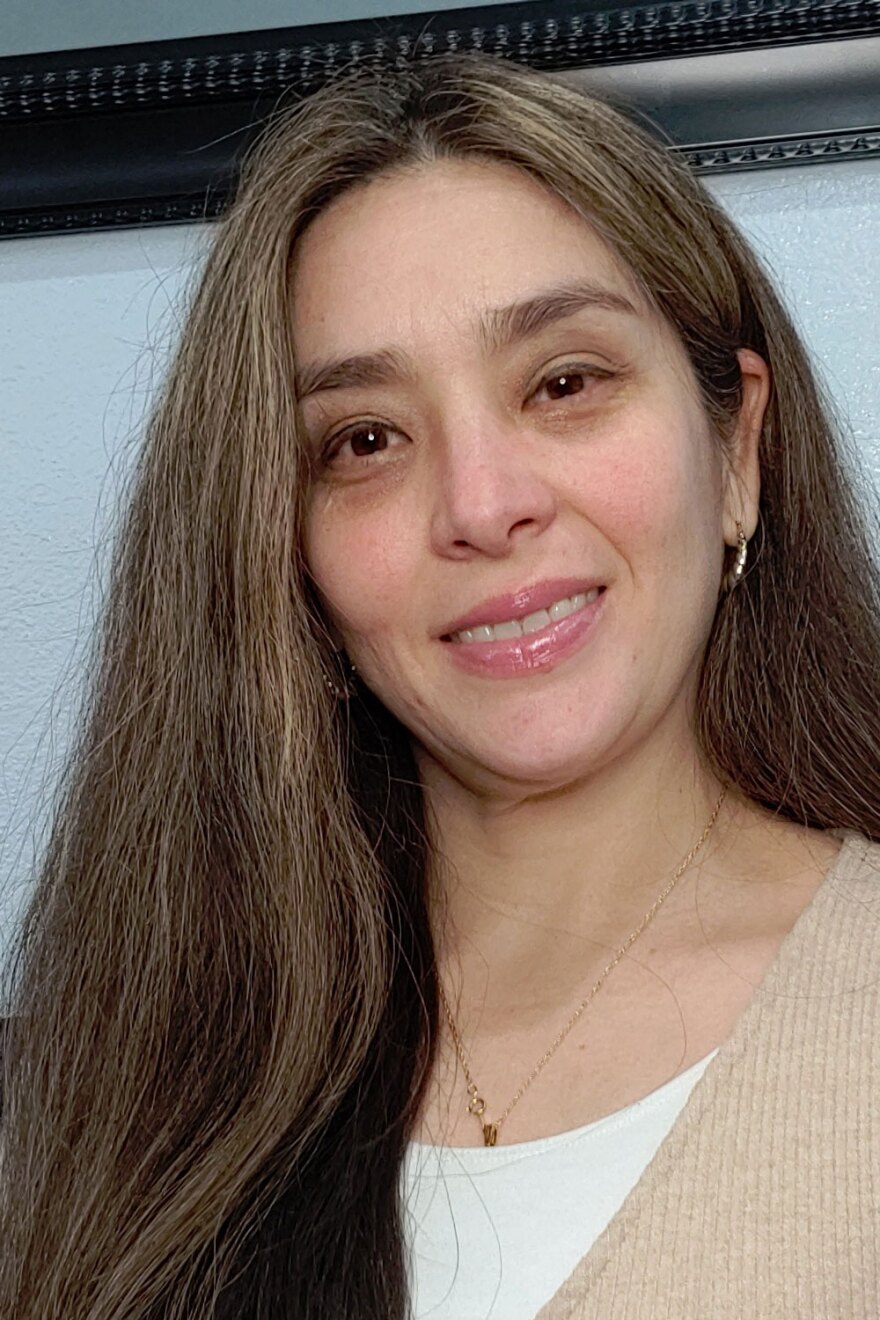There are around 2,700 children in foster care in Utah. Gov. Spencer Cox wants to put more resources toward helping them. His 2024 budget proposal call for $2.1 million for foster care. And, in this year’s State of the State Address, he announced that First Lady Abby Cox will lead an initiative to support foster families and recruit new ones.
Utah Foster Care is eager for that to become a reality.
In the meantime, the nonprofit continues dealing with families and children in crisis. In particular, Latino children, comprise one in four foster children in the state according to Utah Foster Care. Esmeralda Malili, the diversity specialist at Utah Foster Care, said there are key reasons Latino kids are disproportionately represented.

“Cultural barriers, language barriers, economic barriers, financial barriers, things that affect people that are new to this country with young families,” she said. “It's overwhelming and families are breaking down.”
Malili adds that it’s difficult to find foster families that speak Spanish and because of that — children suffer.
“There is no word for foster care in Spanish because generally, naturally, families just care for other children. So teaching them about foster care is new to the community, teaching them about how the government can help.”
This interview has been edited for length and clarity.
Pamela McCall: Why is placing Latino children in homes where Spanish is spoken and their culture is embraced a priority?
Esmeralda Malili: Just to give you an example, there was a teenage girl who was about 16 at the time. She was a recent immigrant to the United States, but she wasn't in a great situation and had to be removed from the family she was with. We at the time did not have a Spanish-speaking family that could care for her, that could understand her culture and her needs. It wasn't because of the treatment in the home, it was because she wasn't able to communicate. She wasn't able to talk about what she was feeling. She wasn't even able to ask for the food that she wanted and that was heartbreaking. And then on the other end, there was a sibling group of five children that came into foster care. The oldest was 5, and the youngest was about 3 months old at the time and not in a great situation. But she was in the home of Latinos who spoke Spanish. And so this little girl was able to talk about how she felt about being removed from her parents, talk about her sad feelings, her happy feelings and talk about how much she loved her family. And so now this little girl is back with her parents (the whole family is back together).
PM: What's it going to take to mitigate the high number of Latino kids in foster care in Utah?
EM: I think it's an understanding by those who make decisions that it's in the interest of our whole community. And, we want every single child that comes into foster care to not have this stigma that they're a foster child. They're not a foster child, they're a child in foster care. They're a child that matters and we want them to not feel different from any other child. If we as a community do that and through legislation and funding, provide opportunities for these children to get the services that they need and their families to get services that they need, maybe they won't be in foster care as long as 13 months or longer. Maybe we can find resources. Maybe we can have more therapists that speak different languages to provide services to Latino children and their parents while they're going through these things so they don’t have to struggle as much.


